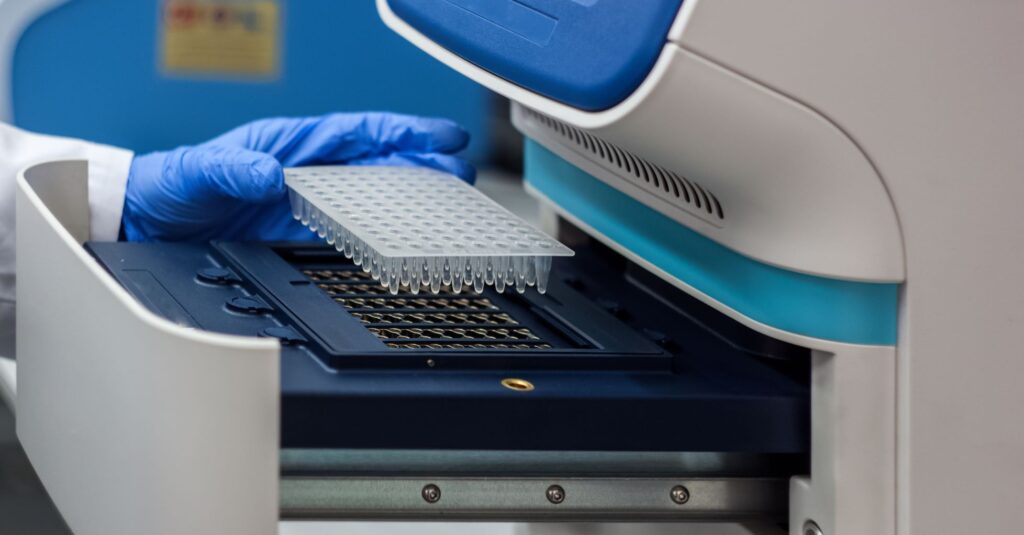Where Science Meets Innovation
Explore, Learn, and Elevate Your Research
From purchasing lab materials to mastering cutting-edge scientific skills, Arep is your complete platform for research success. Our integrated Academy and Marketplace offer seamless experiences that bridge learning and application, making your research journey smoother and more efficient.
- Integrated Marketplace and Academy: Visualize your learning experience in the Academy, and seamlessly purchase the exact consumables used in each experiment through the marketplace.
- Expert-Led Learning: Learn from world-class researchers and scientists, with courses tailored to your level and field of study.
- Augmented Reality Experiments:Bring experiments to life with immersive AR simulations, providing a hands-on experience in a virtual environment.


